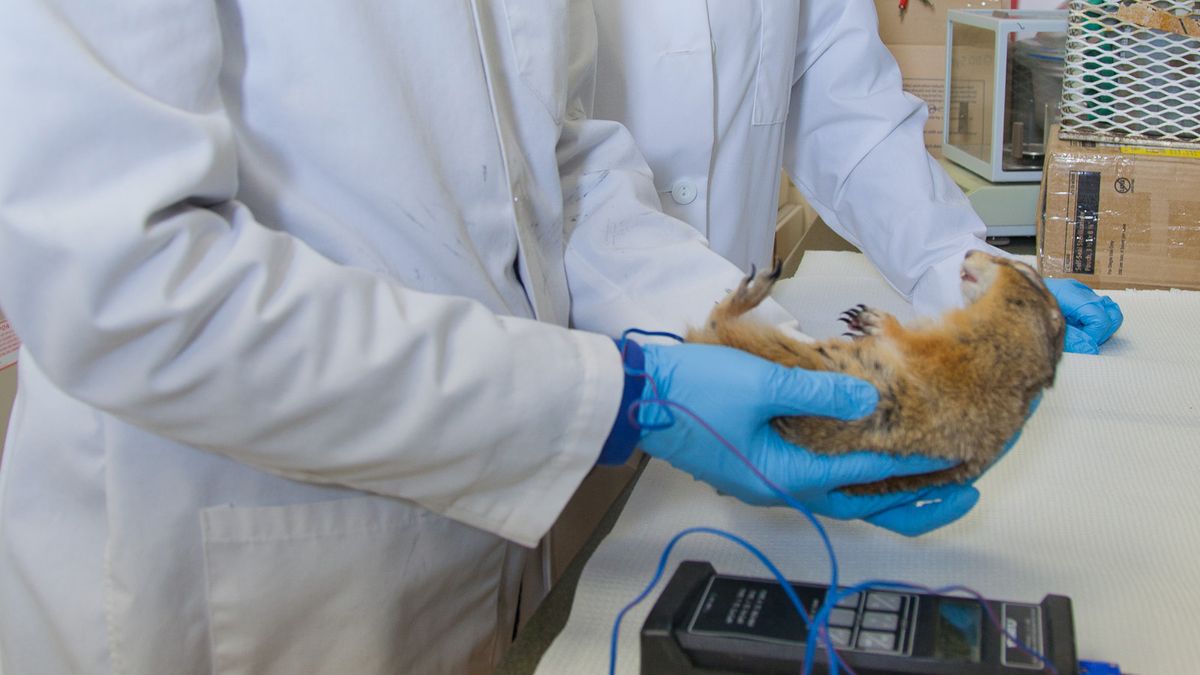Researchers are learning hibernating Arctic floor squirrels with the objective of harnessing the advantages of this odd pure state to guard astronauts’ well being on long-duration space missions.
Hibernation isn’t just sleep. In reality, it is fairly completely different from sleep. Whereas we sleep, our brains hearth up and turn into extremely lively; in hibernation, quite the opposite, mind exercise utterly slows down. The physique temperature of hibernating animals additionally drops, in some instances near the freezing level, cells cease dividing and coronary heart price decreases to 2 beats per minute.
But, as soon as it is time to get up, hibernating animals bounce again to life with none substantial unwanted side effects. The identical, nevertheless, cannot be mentioned about individuals who get up from long-term medical comas, and even those that are bed-ridden for lengthy durations of time. Such individuals, similar to astronauts in microgravity, would undergo from a variety of unwanted side effects that come from not actively utilizing their our bodies: Muscle loss, bone loss, organ degradation.
Associated: ‘Hibernating’ astronauts may be key to Mars Colonization
NASA is subsequently trying into hibernation analysis with the purpose of creating methods to induce hibernation in future space farers. Lately, the company has awarded a grant to Kelly Drew, a professor of chemistry and biochemistry on the College of Alaska, Fairbanks, who has studied hibernating animals for greater than 20 years.
“This analysis may very well be used to assist future missions, from the intense of medically induced hibernation for long run space missions, defending astronauts from cabin fever, ionizing radiation, and far more,” NASA mentioned in a statement (opens in new tab). “It might additionally show efficient in stopping muscle and bone loss in zero gravity.”
The concept is that moderately than having astronauts sit for months in a tiny Mars-bound capsule, consuming meals, water and air, and step by step losing away from not doing a lot in microgravity, part of the crew may very well be positioned into hibernation. The hibernating astronauts would not want any meals or water and will handle with a lot much less air — but they might get up with their bones and muscle mass in a significantly better situation than these of their awake counterparts.
The state of hibernation might additionally assist in the medical setting to assist shield sufferers affected by life-threatening circumstances reminiscent of coronary heart assaults and strokes.
“This might imply that sufferers who’ve suffered from a stroke or coronary heart assault may very well be positioned in medically induced hibernation to sluggish their metabolism till they are often transported to a hospital to obtain care, which might considerably enhance medical outcomes,” NASA mentioned within the assertion.
Comply with Tereza Pultarova on Twitter @TerezaPultarova. Comply with us on Twitter @Spacedotcom and on Facebook.




